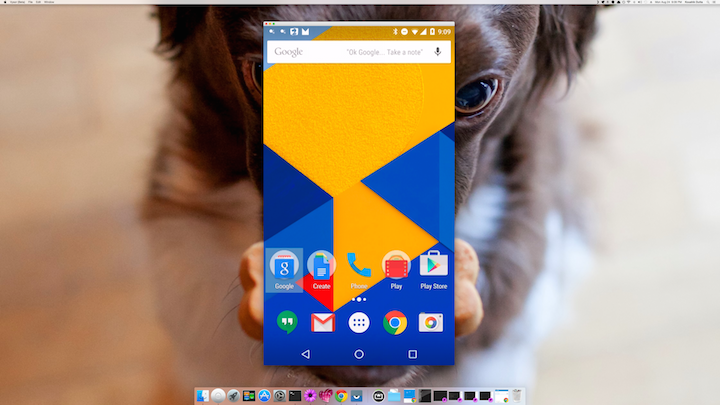Affiliate links on Android Authority may earn us a commission. Learn more.
Koushik Dutta pulls Vysor due to patent licensing demand from MPEG LA (Update: it's back!)
Published onMay 16, 2016

The developer says almost 20,000 people use Vysor each day, half of which use it over 4 hours per day. Obviously this meant getting the app back online was a priority. It is changing a bit, though, so here's what you need to know going forward.
Vysor is now a subscription app. If you don't want to pay, you'll still have the ability to mirror and control your Android device from Chrome, and also take screenshots. A Vysor Pro subscription, which costs $1.99/month or $9.99/year, gets you high quality mirroring, fullscreen mode, Vysor Share, the ability to drag and drop files, and access to all future features. The dev also says he removed the infringing h264 decoder and switched to Chrome's Pepper VideoDecoder introduced in Chrome 48.
Interested in trying out Vysor for yourself? Head to the link below to get started.
[aa_button text="Download Vysor from the Chrome Web Store" url="https://chrome.google.com/webstore/detail/vysor/gidgenkbbabolejbgbpnhbimgjbffefm" size="medium" align="center" nofollow="0" color="0" ]
Original post (May 14): Less than a year since its introduction, Koushik Dutta has pulled the Vysor extension from the Chrome web store due to licensing demands from the company that owns the H.264 codec license.
Dutta is known in the Android community for his contributions to CyanogenMod (he also co-founded Cyanogen Inc. with Steve Kondik and Kirt McMaster) and apps like Superuser, AllCast, and Helium.
Vysor, announced in August 2015, lets users mirror and control Android devices in a Chrome window. The app supports ADB access, which makes it great for developers, but it’s also one of the most compelling ways to interact with an Android device from a PC.
Dutta announced on Google Plus that he “voluntarily unpublished” the Vysor Chrome extension, due to a letter from MPEG LA, the consortium that holds licenses for many video encoding-decoding patents, including H.264.
To transform the screen capture to video, Vysor uses a decoder called broadway.js, which is a version of H.264. Because of this, MPEG LA demanded $0.20 for every download of Vysor, a free app.
Rather than incur more potential losses due to this licensing issue, Dutta pulled the Chrome extension from the web store. However, it looks like users who already installed the extension on their PCs can continue to use it.
To give you an idea of the magnitude of the problem, Koushik Dutta’s apps have millions of downloads. Even a relatively low number of Vysor downloads could result in a hefty patent bill.
It’s not clear what will happen with Vysor going forward, but Dutta said he’s looking at his options. We can speculate that the app could return as a paid download or in a form that somehow sidesteps legal issues. Or it could be gone for good, or at least until a free alternative to H.264 becomes widely supported on Android.
Anyone here using Vysor?